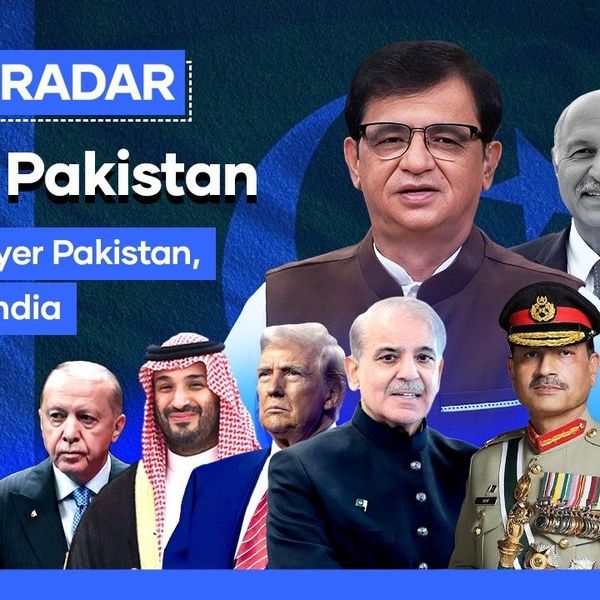Charging 35 Riyals to send $100?
The real winners aren't the remitters—they're the banks and money transfer companies

Hammad Qureshi
Senior Producer / Correspondent
A business journalist with 18 years of experience, holding an MS in Finance from KU and a Google-certified Data Analyst. Expert in producing insightful business news content, combining financial knowledge with data-driven analysis.
In Pakistan, the one who sends money gets nothing. The one who facilitates the transfer gets everything.
Banks and money transfer companies—not the remitters—are the real beneficiaries of Pakistan’s remittance system, according to Zafar Paracha, General Secretary of the Exchange Companies Association of Pakistan.
Speaking to Nukta, Paracha revealed that the government doles out more than PKR 100 billion annually to banks and money transfer operators (MTOs) for facilitating remittance transfers.
“In Pakistan, it’s a unique phenomenon,” he said sarcastically. “Instead of the remitter receiving benefits, it’s the transferring agent who profits.”
Currently, on a remittance of just $100, the government pays up to 35 Saudi Riyals in fees to financial institutions.
Paracha argued that to encourage overseas Pakistanis to use legal channels, the government should direct these incentives to expatriates, unlocking the full remittance potential.
This practice began in the Zia era in 1985, when the government started paying banks the telegraphic transfer and communication charges to facilitate workers in Saudi Arabia sending money to Pakistan.
During the current fiscal year, the country expects $35 billion in remittances from overseas Pakistanis.











Comments
See what people are discussing